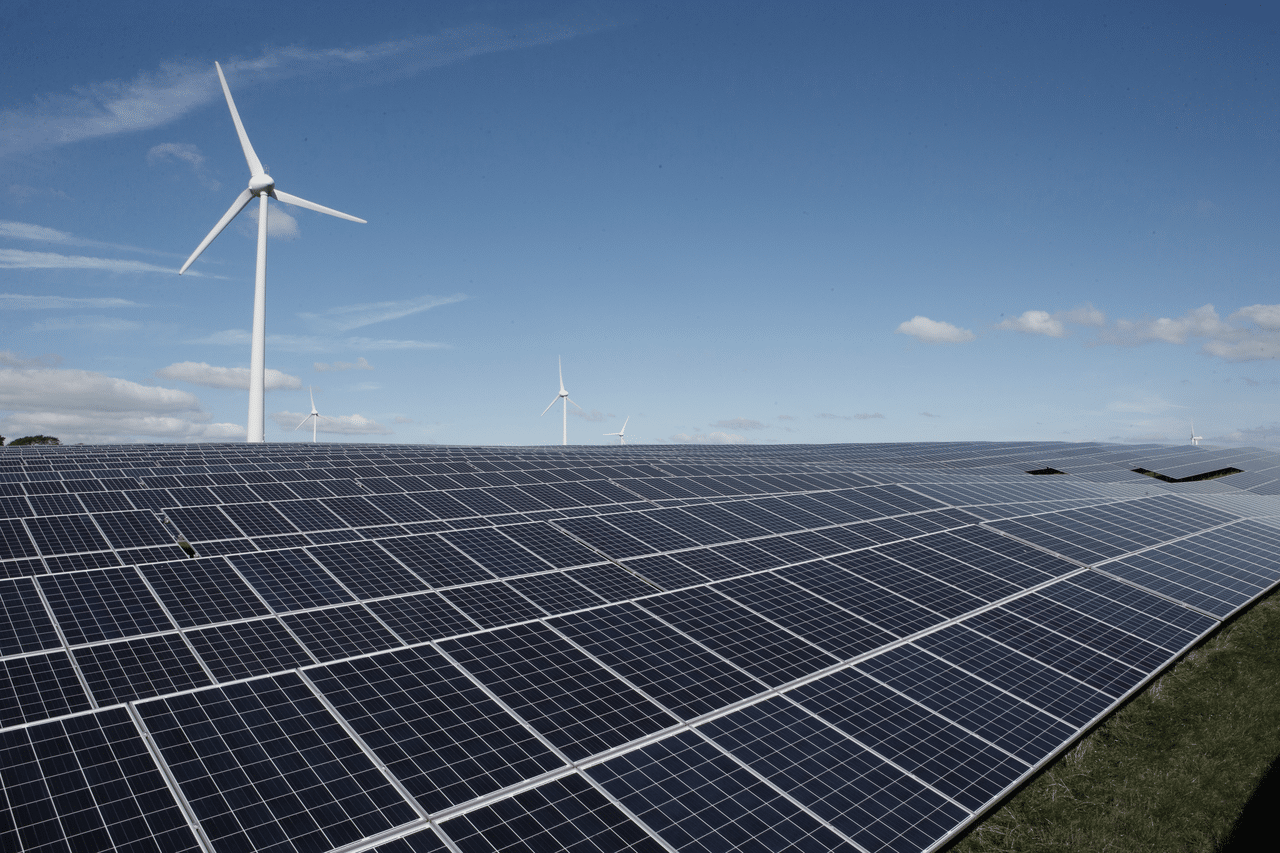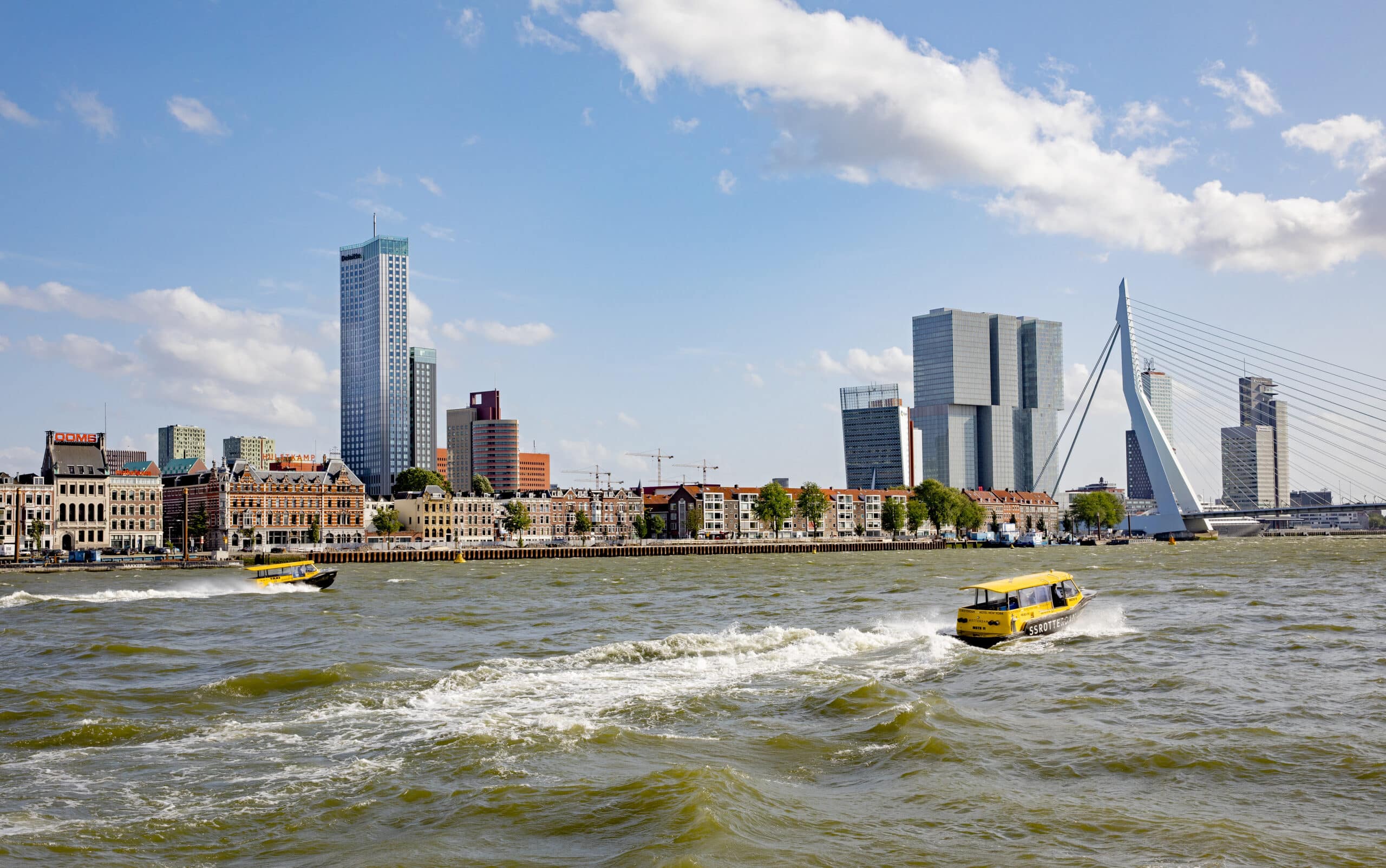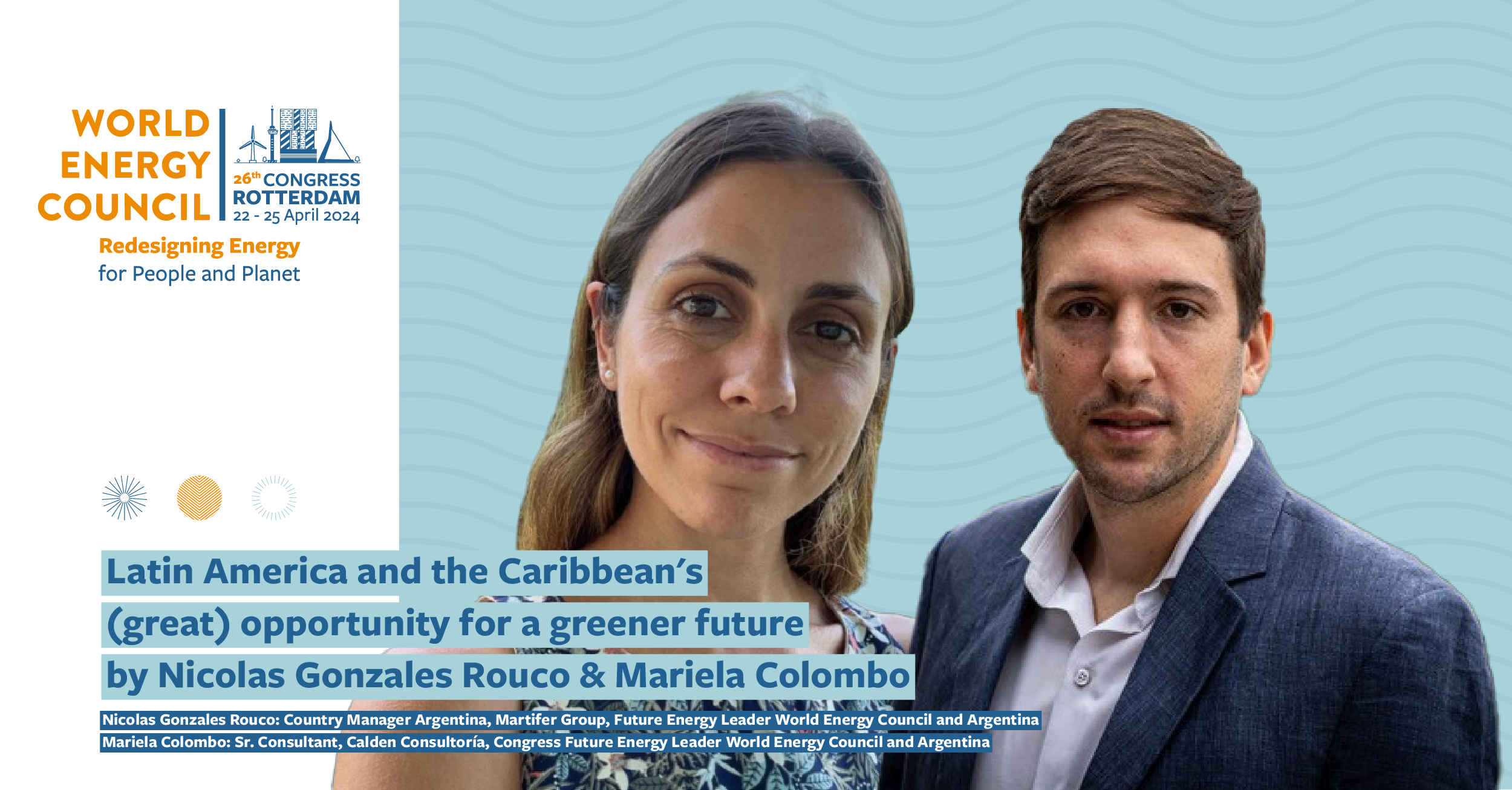Accelerating the Energy Transition through Innovation
03.11.2023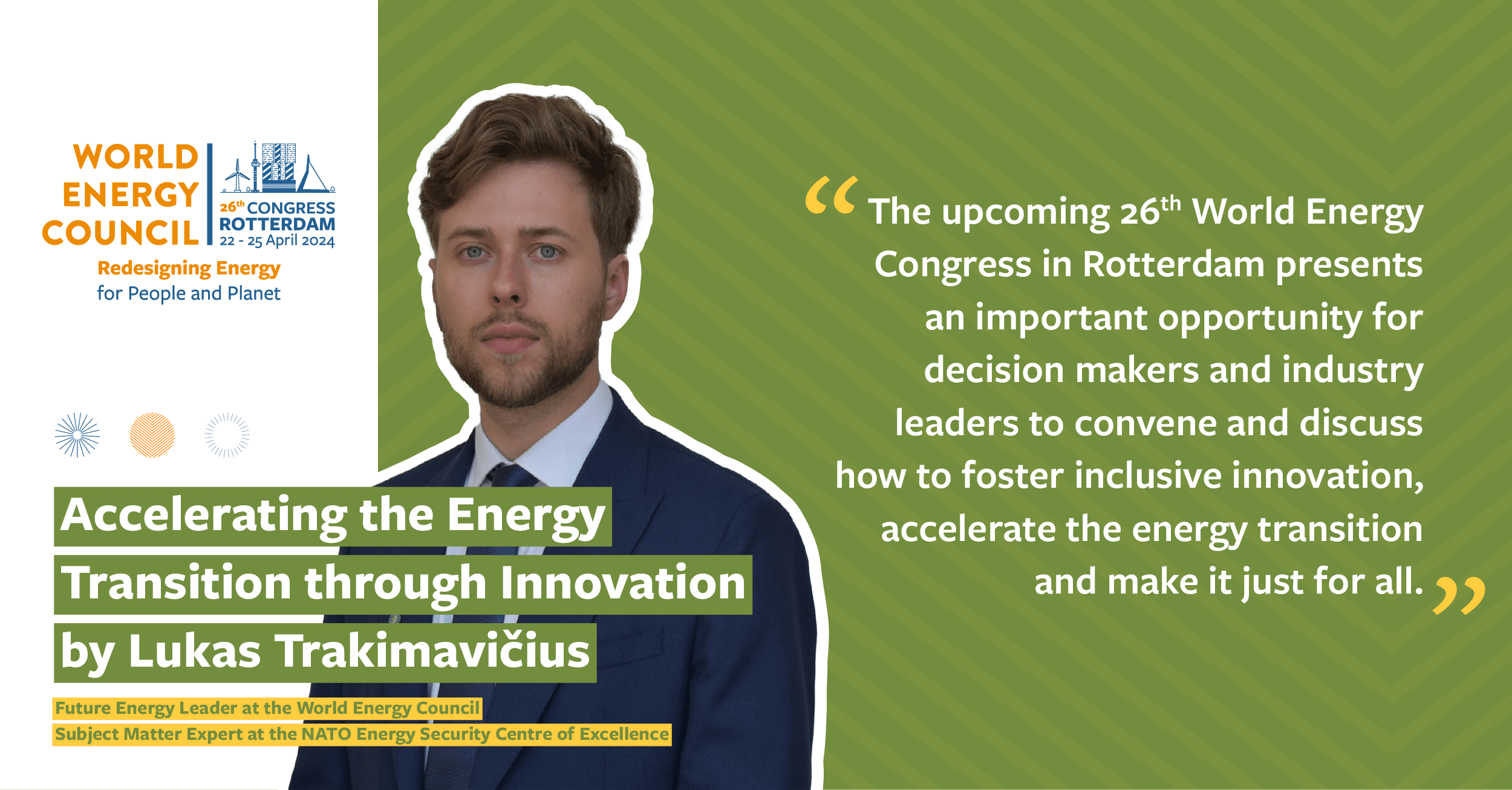
Climate change is, without a doubt, one of the greatest challenges facing the world right now – a defining issue of our time.
In order to beat the climate crisis we need to look at all available tools and solutions. The challenge we face is enormous and multifaceted, requiring a comprehensive approach that tackles the interrelated environmental, social, and economic dimensions of the problem. To have a realistic shot at reaching net zero by 2050, we need to embark on a rapid and ambitious decarbonisation journey across multiple sectors at the same time.
Granted, this is easier said than done because some sectors are more difficult to decarbonize than others. For instance, the electric power sector offers relatively straightforward opportunities for transformation. By phasing out polluting types of electricity generation and replacing them with a diversified mix of zero and low-carbon sources, significant progress can be made.
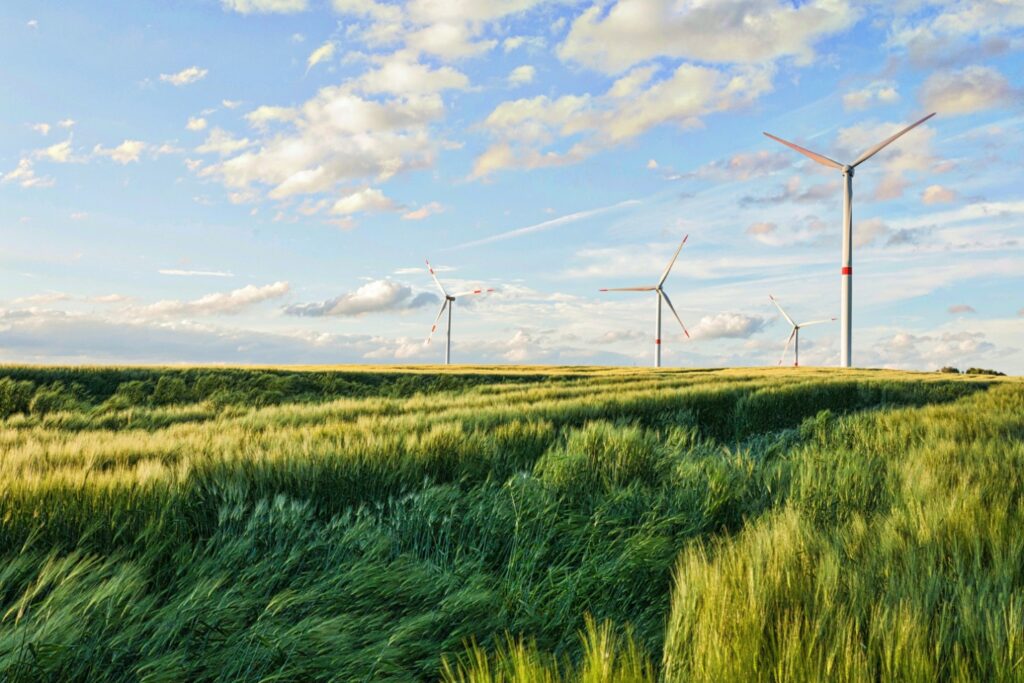
However, the so-called “hard-to-abate” sectors such as shipping, aviation, steel, cement, fertilizers, and military mobility pose more complex challenges due to their unique operational requirements and technological limitations.
Fortunately, brilliant minds around the world are fully aware of these challenges and are tirelessly working to develop innovative clean energy solutions to these problems. Yet, a good deal of these ground-breaking advancements are not necessarily coming from large and established enterprises. In fact, some of the most exciting ideas and breakthroughs emerge from start-ups and early-stage scale-ups, driven by passion and resilience despite limited resources.
This means that at a pivotal time like now – when we need to examine every promising fix for climate change – there is a risk that some of the best ideas might not necessarily get the attention they deserve and fall victim to the much dreaded “death valley curve”. Hence, it is more important than ever before to make sure that every visionary perspective on decarbonisation finds a receptive audience.
To this end, the upcoming 26th World Energy Congress in Rotterdam presents an important opportunity for decision makers and industry leaders to convene and discuss how to foster inclusive innovation, accelerate the energy transition and make it just for all.
Lukas Trakimavičius
Future Energy Leader at World Energy Council
Subject Matter Expert at NATO Energy Security Centre of Excellence
